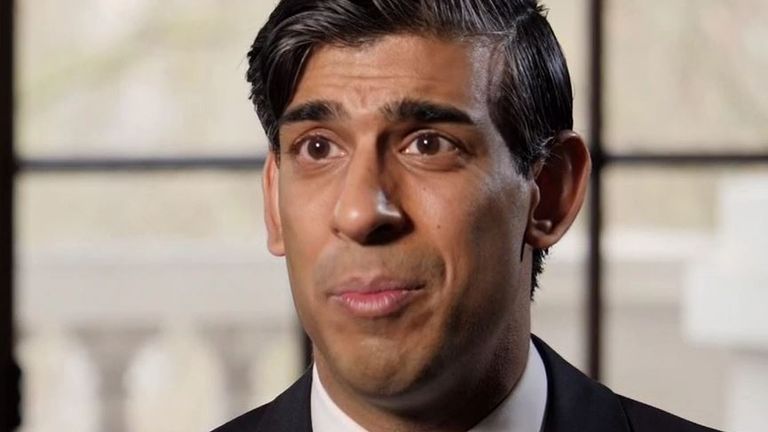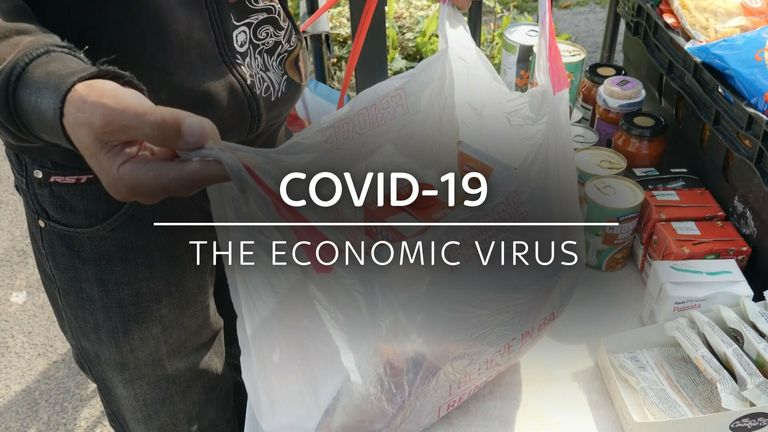UK inflation up to 0.7% on back of rising food prices
UK inflation rose last month pushed by higher food prices and less discounting on household goods, official figures show.
The Consumer Prices Index (CPI) increased to 0.7% in January from 0.6% in December, according to the Office for National Statistics.
The figure was ahead of analyst forecasts, with many economists having predicted inflation of 0.5% for the month.
Latest coronavirus updates from the UK and around the world
Jonathan Athow, deputy national statistician for economic statistics at the ONS, said: “Inflation rose slightly in January, with food prices increasing.
“Household goods also pushed up prices with less discounting this year on items such as bedding and settees.
“However, there were widespread January sales, with particular price cuts for clothing and footwear.”
Food and drink prices rose by 0.6% between December and January, compared with a 0.2% fall over the same period a year earlier.
Furniture and household goods dropped by 1.5% compared with a fall of 3.3% a year earlier.
Clothing and footwear prices fell by 4.9% on the month – the biggest drop between December and January in seven years – and saw a 3.8% annual fall.
The ONS said around 8% of the prices it would normally collect were unavailable, a smaller number than in November.
Inflation has been stuck below the Bank of England’s 2% target since mid-2019 and the COVID-19 lockdowns pushed it close to zero last year as the economy nose-dived.
Earlier this month, the central bank said it expects inflation to pick up quite sharply towards its 2% target in the spring as
last year’s emergency cut in VAT ends and global oil prices rise on expectations of recovery.
Economists also think prices of some imported products will rise because of Britain’s post-divorce trade deal with the EU, which led to disruption and delays at ports last month.
However, the ONS said it had seen no evidence that new Brexit-related custom fees and transport costs had pushed up consumer prices in January.
The BoE has stressed it will be in no rush to start removing its huge stimulus for Britain’s coronavirus-battered economy and said it will wait for evidence of significant progress towards hitting the 2% inflation target sustainably.
Responding to the latest ONS figures, Yael Selfin, chief economist at KPMG UK said: “We expect the pace of inflation to accelerate this year as a gradual economic recovery, rising oil prices and the expiry of temporary VAT cuts for hospitality businesses add to a more inflationary mix.
“Likewise, the impact of Brexit on supply chains is likely to be felt on consumer prices.
“However, overall inflation is unlikely to exceed the Bank of England’s 2% target and could reach just 1.7% in 2021 and 1.9% in 2022, allowing for a longer period of low interest rates to support the economic recovery.
“It is not unusual to see negative monthly inflation in January as retailers cut prices after the holidays, but coinciding with a renewed lockdown, prices fell by less than usual as some categories were unavailable as a result.
“While the change in working and consumption patterns triggered by the pandemic caused heavier discounts for some items such as clothing, other items such as furniture saw smaller discounts for this time of the year.”
Source: Read Full Article


